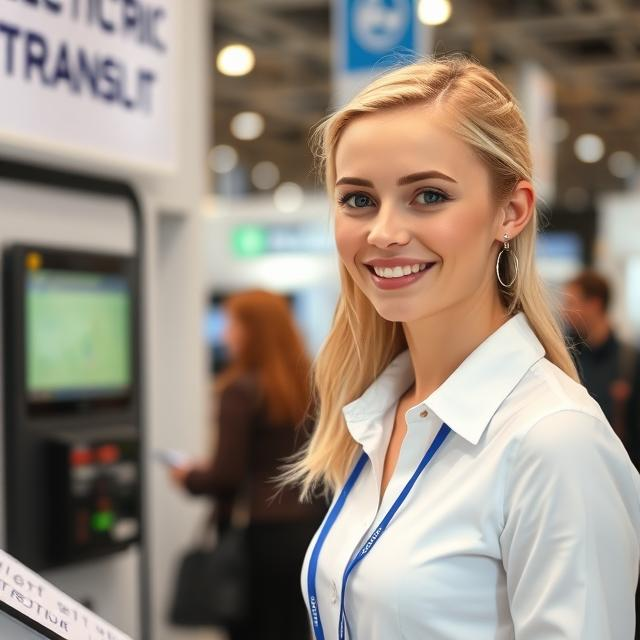
The ElectroTrans Urban Electric Transport Exhibition in Moscow is a global platform for showcasing the latest advancements in electric vehicles, smart mobility solutions, and sustainable urban transport systems. As one of the most significant events in the industry, it attracts exhibitors, policymakers, and professionals from around the world. Amidst the cutting-edge technology and international audience, the role of a Russian interpreter becomes indispensable. These language experts serve as the bridge between cultures, ensuring seamless communication and fostering meaningful connections at the exhibition.
Breaking Down Language Barriers
With participants and visitors from diverse linguistic backgrounds, language barriers can pose a significant challenge at ElectroTrans. A Russian interpreter plays a crucial role in overcoming these obstacles, enabling international exhibitors to effectively communicate their innovations to Russian-speaking attendees and vice versa. For example, a German manufacturer of electric buses may rely on an interpreter to explain the technical specifications and environmental benefits of their vehicles to potential Russian buyers. By ensuring accurate and clear communication, interpreters help to unlock business opportunities and facilitate collaboration.
Facilitating Cross-Cultural Communication
Beyond mere translation, a Russian interpreter also acts as a cultural mediator. They help participants navigate cultural nuances, ensuring that conversations are not only understood but also respectful and appropriate. For instance, when a Chinese company presents its latest electric scooter technology, the interpreter ensures that the presentation aligns with Russian business etiquette and cultural expectations. This level of understanding fosters trust and strengthens international partnerships, which are essential for the growth of the electric transport industry.
Supporting High-Stakes Business Negotiations
ElectroTrans is not just an exhibition; it is a hub for high-stakes business negotiations and strategic collaborations. In such scenarios, the precision and clarity provided by a professional interpreter are invaluable. Miscommunication or misunderstandings during negotiations could lead to missed opportunities or even failed deals. A skilled Russian interpreter ensures that all parties are on the same page, enabling smooth and successful discussions. Their expertise is particularly critical when discussing complex topics such as battery technology, charging infrastructure, or government regulations.
Enhancing the Visitor Experience
For international visitors attending ElectroTrans, a Russian interpreter enhances the overall experience by making the event more accessible. Non-Russian speakers can fully engage with exhibitors, attend seminars, and participate in workshops without feeling excluded. This inclusivity not only enriches the visitor experience but also broadens the reach of the exhibitors’ messages, promoting the global adoption of electric transport solutions.
Specialized Knowledge in Electric Transport
A Russian interpreter working at ElectroTrans is not just a language expert; they are often well-versed in the terminology and concepts of the electric transport industry. This specialized knowledge allows them to accurately convey complex ideas, such as the intricacies of fast-charging systems or the benefits of autonomous electric vehicles. Their ability to handle technical jargon ensures that discussions remain clear and precise, avoiding any miscommunication that could arise from unfamiliar terms.
The Future of Interpretation at ElectroTrans
As ElectroTrans continues to grow, the demand for skilled interpreters will only increase. The exhibition’s organizers recognize the importance of language services and are investing in advanced interpretation technologies, such as real-time translation apps and AI-powered tools, to complement human interpreters. However, the human touch remains irreplaceable, as interpreters bring empathy, cultural awareness, and adaptability to the table—qualities that machines cannot replicate.
Conclusion
The Russian interpreter is an unsung hero of the ElectroTrans Urban Electric Transport Exhibition in Moscow. Their ability to break down language barriers, facilitate cross-cultural understanding, and support high-stakes negotiations is essential to the event’s success. By ensuring clear and effective communication, interpreters play a pivotal role in advancing the global electric transport industry. As the world moves towards sustainable urban mobility, their contributions will continue to be invaluable in fostering collaboration and driving positive change.